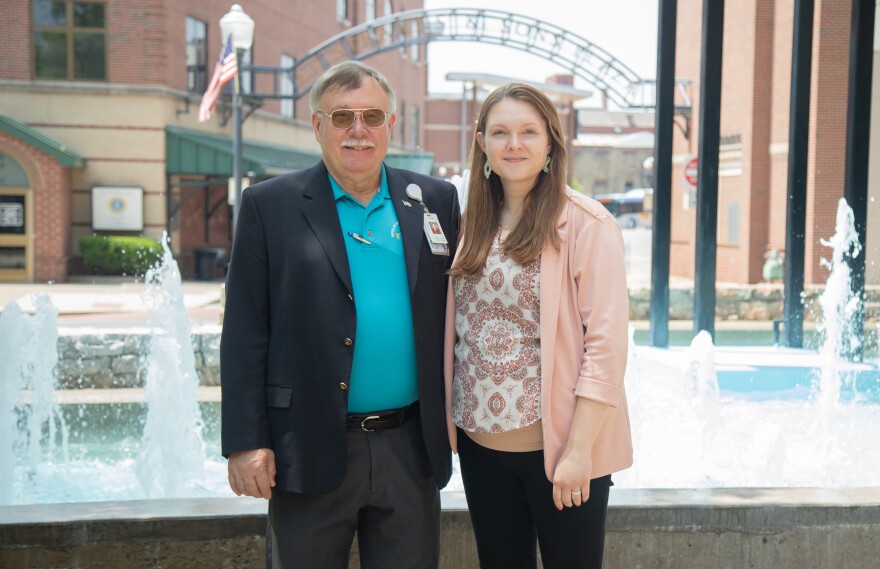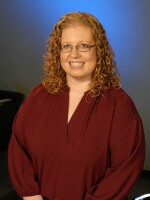Kate Kiessling remembers her dad being called away from the holiday dinner table. Other times, Chuck Kiessling would tell her to “stay in the truck” as he responded to the scene of a death as the longtime Lycoming County coroner.
But in his absence, she saw his commitment to serving others. Today, Kate works alongside her father as the county’s chief deputy coroner.
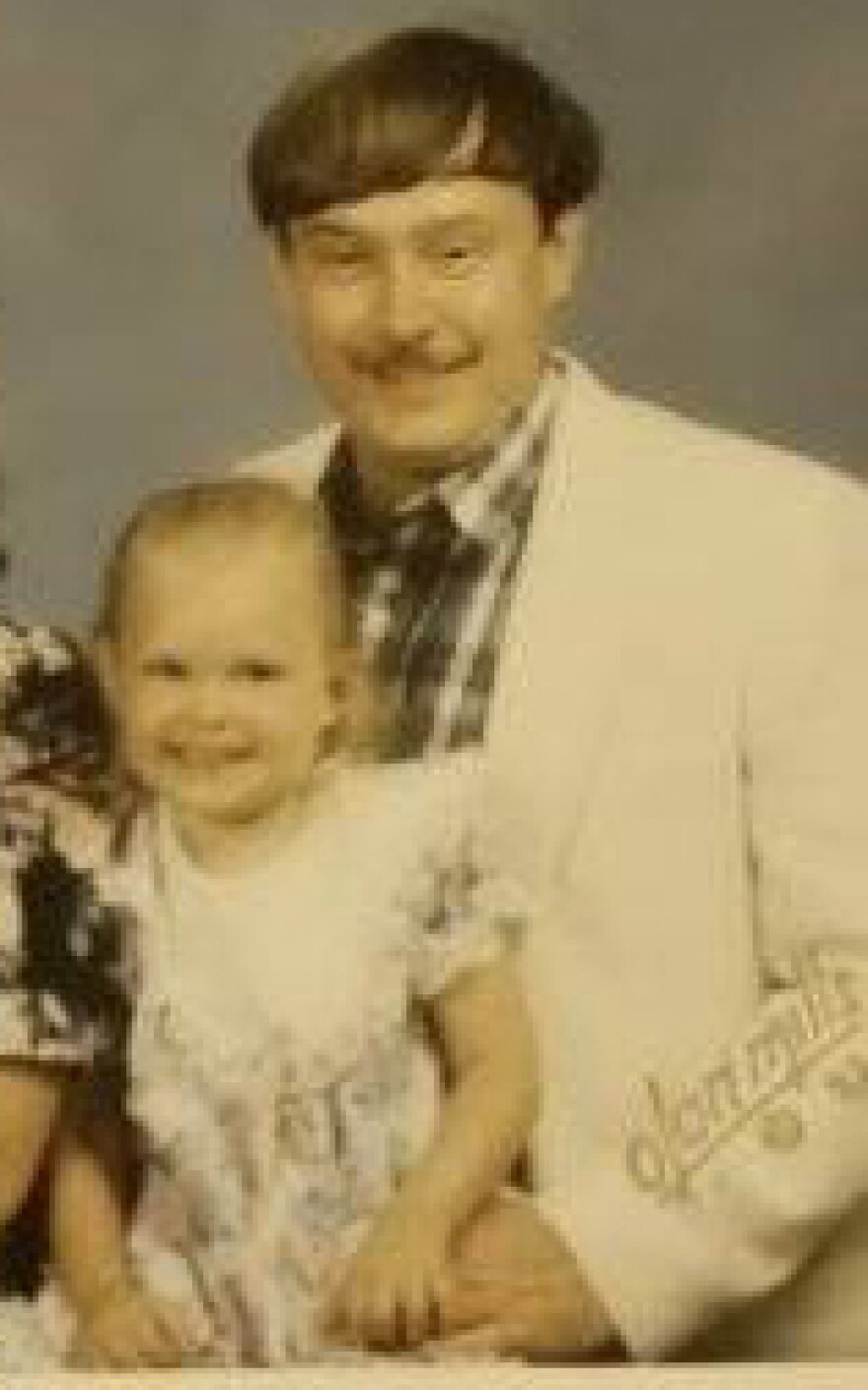
It’s a role she never imagined — but one born in the lessons from her childhood.
“When you're at a basketball game and your dad's not there, it's really hard,” she said, her voice trembling. “But now I know if we didn't have people like him in our county, that we would all suffer.”
Chuck worked as an emergency room registered nurse and still picks up shifts for Geisinger Life Flight. As assistant fire chief for Old Lycoming Twp. Fire Department, he oversees emergency medical services, or EMS.
He does everything he can to prevent Lycoming County residents from being his next case in the coroner’s office.
“We're only here for a short time,” he said. “We’ve got to help each other, and do what needs to be done when people are in need.”
An unexpected career in the coroner's office
Kate, 34, received a business degree from Lycoming College in 2012. After graduation, she took a role she thought would be temporary, doing secretarial-type work in the coroner’s office.
“I would get phone calls from these very distressed families, and I felt terrible because I wanted to offer them some information,” she said. “So I just kind of became a sponge in the office.”
She observed, asked questions. She began going to death scenes. She traveled across the county — the largest in area in the state, and larger than the state of Rhode Island. She received her emergency medical technician certification, and her business degree helped with the office’s fiscal operations.
The coroner’s office responds to any death that happens outside of a medical setting — an average of about 600 per year. About 60% of calls come after the traditional “9-to-5” workday, with more happening on weekends and holidays. Someone from the office is always on-call.
Staff, including the Kiesslings and three deputy coroners, investigate the deaths. They’ll look at medical records and administer toxicology tests. When a cause can’t be determined, or if there’s a suspicion of a crime, they’ll arrange for an autopsy. Those are currently performed in Allentown, due to the absence of a pathologist in the region. Staff transports the bodies on the 260-mile round trip.
Kiessling, 64, ran for election to coroner in 1999. After his first election, he has never faced opposition.
After the 2023 unexpected death of Jerrold Ross, chief deputy coroner, the county posted the position and received about 40 applicants from across the country. A representative from the Pennsylvania State Coroners’ Association participated in the interviews, and most applicants had little hands-on experience, the coroner said.
He worried about the appearance of nepotism, but the interviewers determined his daughter was most qualified. County commissioners approved her appointment in March 2023.
“I don't think any of us thought I would stay here that long,” she said. “It's been quite the experience that I never anticipated.”
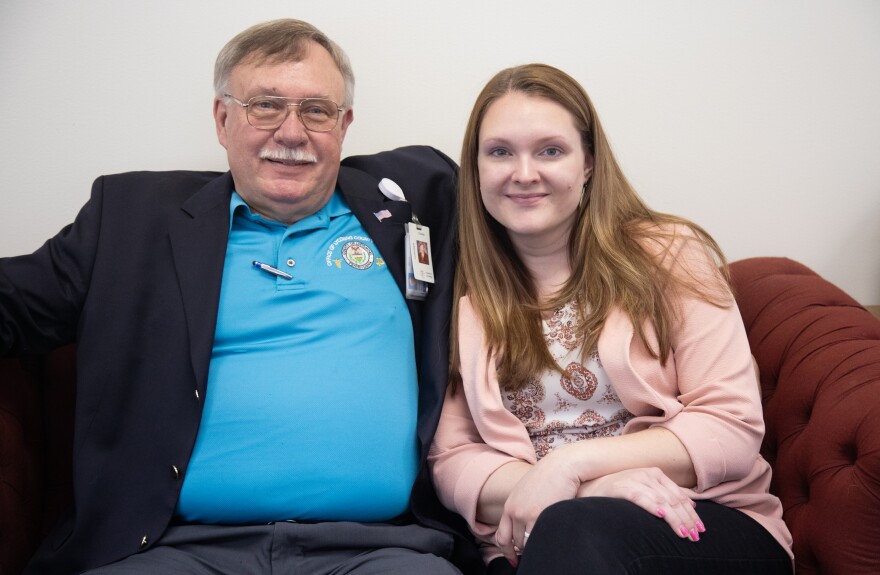
Grief and coping in Lycoming County
The Kiesslings help families in the worst moments of their lives.
In a county of 113,000, they often deal with the deaths of people they know. The office routinely accompanies law enforcement for death notifications, to provide comfort and resources on grief.
When the coroner completes the investigation, signs the death certificate and releases the body to the funeral home, he tries his best to move on.
“If I start rethinking every horrible scene I've been to, I'd need padded walls … I try to forget about it,” he said.
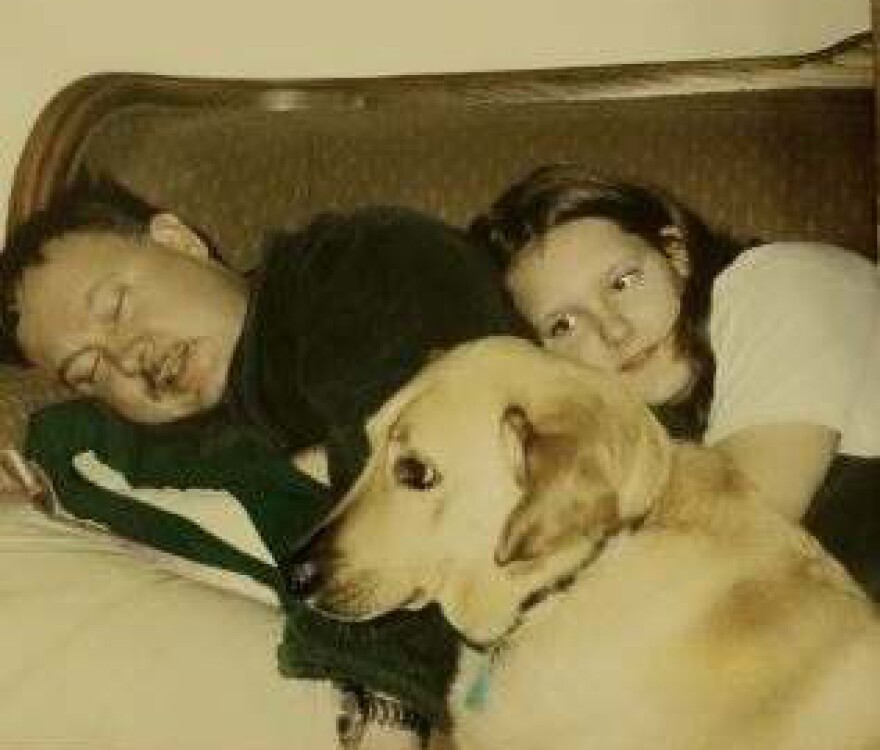
That's not easy.
Cases involving children hit the Kiesslings hardest. Kate has two sons and is expecting a daughter in the fall.
“Once you're a mom, the connection that you have with kids, and thinking about something happening to your own children, it's terrifying. You really have to kind of give yourself a mental block,” she said. “I hug my kids tight. They know the words, 'I love you.' They say it back. We say it every day. We don't take life for granted in some ways that other people probably do, because we see all the terrible things that can happen here in our county.”
Those terrible things have led the coroner’s office to try to prevent tragedy. Through the Safe Kids program, the office seeks grants and distributes anything that could save a child’s life — bicycle helmets, car seats, safe cribs and flotation devices.
“We're here to help in the worst situations of these people's lives, probably, and I think that's what keeps us going,” he said.
Throughout her entire life, Kate has watched her dad try to help others. Now she does it by his side.
“My dad, to the core, is a public servant, whether it's been EMS in the fire department or on Life Flight or in the ER setting as a nurse," she said. "And then here, that's just an extension of the public service that he's lived."

